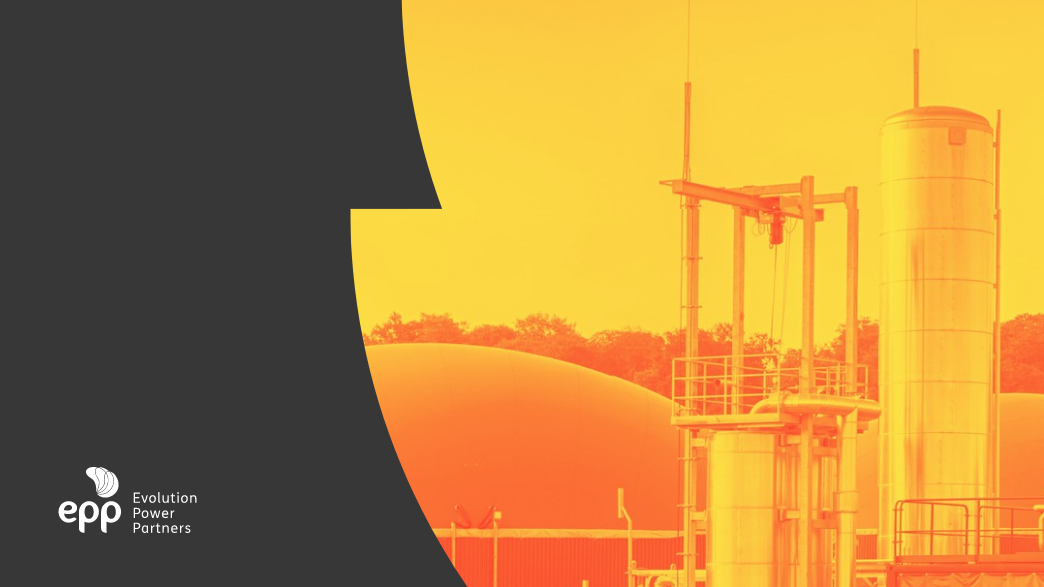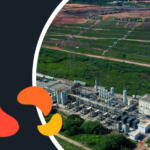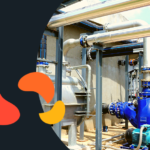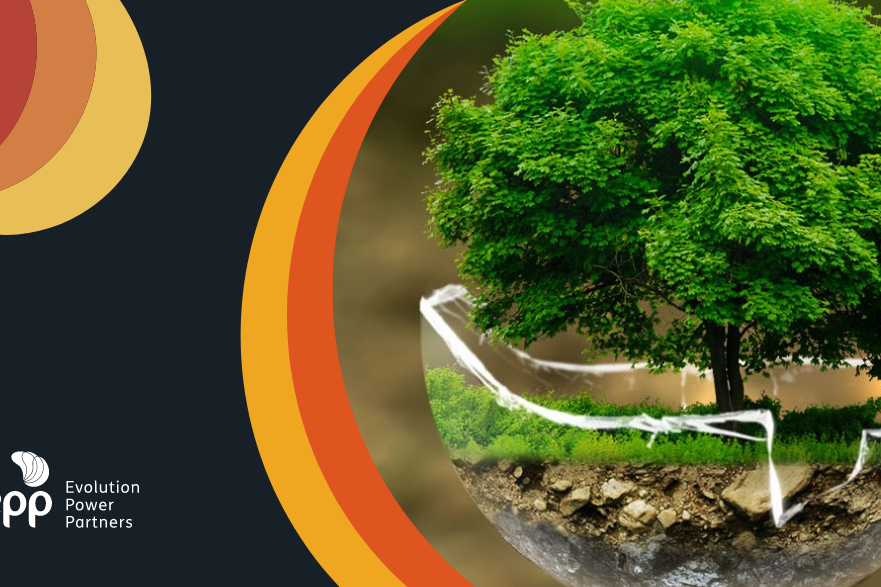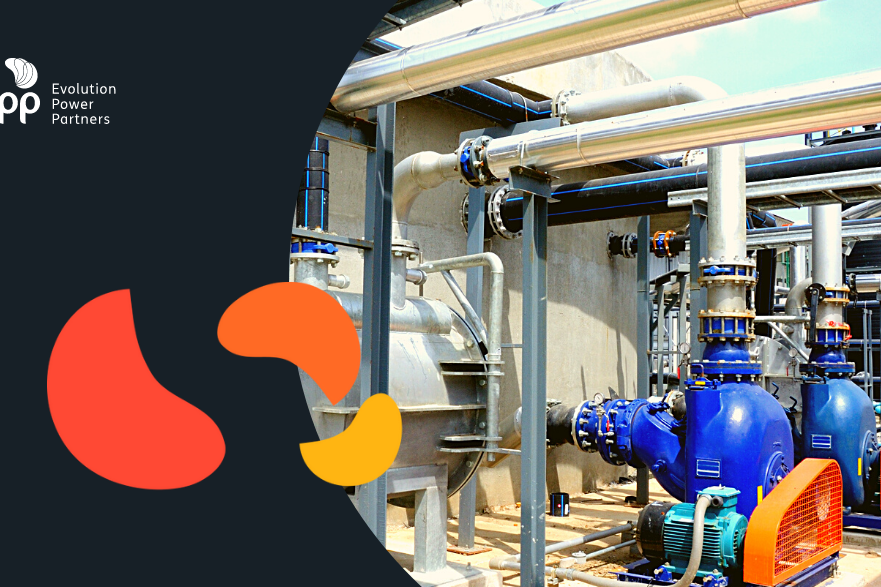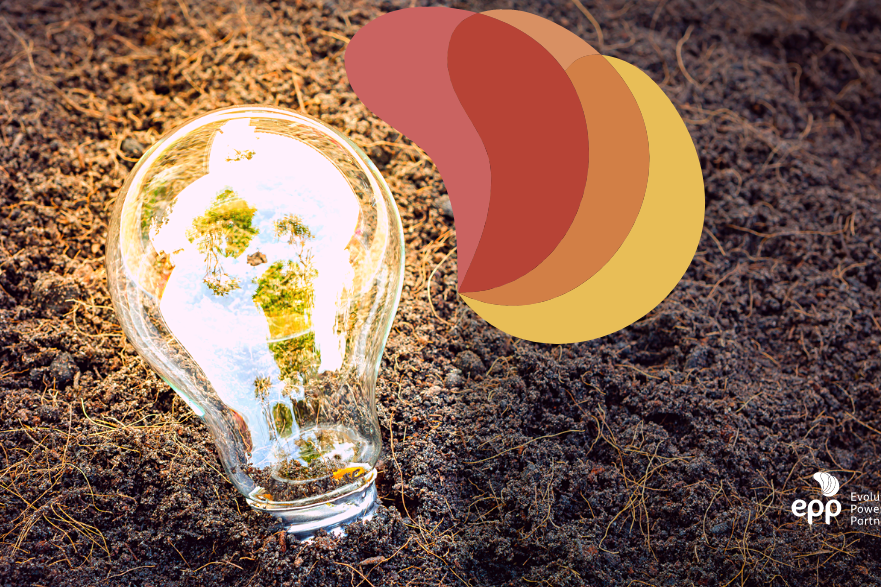For the growth of biogas and biomethane production, R$ 60 billion will be needed by 2030.
To encourage the production of biogas and biomethane in Brazil, the government launched measures for the sector. The actions are in line with the commitments made by the country at the 26th United Nations Conference on Climate Change (COP26) to decarbonize the energy matrix. Currently, Brazil uses only 2% of what it could produce from these fuels. In other words, there is a huge space for development in the area, however, investments and legislation are essential for this growth.
Biogas and biomethane are fuels extracted from organic waste, which are decomposed by bacteria in biodigesters. To obtain biomethane, the biogas must undergo a purification process to reduce the carbon dioxide content and remove hydrogen sulphide and water. The final product is biomethane which has more than 90% methane, being similar to natural gas, so it becomes a cleaner replacement option.
Urca Energia is the largest producer of #biomethane in Brazil, transforming biogas from landfills into purified gas through the operation of GásVerde.
Incentive programs for biogas and biomethane production
Brazil already has a positive track record with renewable fuels. Both the electrical and energy matrix already exploit this type of source, but it is possible to optimize it even further with the use of biogas and biomethane.
In March 2022, the federal government created credit lines for the biomethane market and instituted the concept of “methane credit” to encourage investments in the sector. Now, biofuel has also been included in the tax incentive regime for infrastructure projects (REIDI). The tax incentive consists of the exemption from PIS and Cofins that are levied on the purchase of equipment and construction materials aimed at the production of biomethane.
According to the Ministry of the Environment, the “Zero Methane” program intends to reduce the emissions of this gas, which is one of the causes of the greenhouse effect, in line with the global goals established at COP 26 to reduce emissions by 30% by 2030. In comparison, the estimated production potential of biomethane in Brazil is something on the order of a pre-salt in terms of natural gas.
With the reuse of waste from agricultural production, waste from poultry, swine and sugar-alcohol production, it is possible to reduce the emission of methane by 36%, according to the Ministry of the Environment. The program also created the methane credit, similar to the carbon credit that will be incorporated in the country. Thus, each methane credit should be equivalent to 21 to 23 times a carbon credit. Brazil is the first country in the world to create a methane credit to encourage the reduction of this type of emission. In addition, the government has announced the creation of 25 new biomethane plants by 2030.
Benefits of expanding investment
According to data from the Brazilian Biogas Association (Abiogás), the country has the potential to produce 120 million cubic meters per day of biofuel, equivalent to 70% of the national demand for diesel. With the high cost of energy production worldwide, alternative sources, such as biomethane, are in the eyes of investors.
In addition to the benefits that decarbonization of the matrix brings to the environment, biogas and biomethane can be consumed close to where they are produced. For companies, it is possible to have their own energy source, which in the long term, also makes it possible to reduce prices for the final consumer. In other words, the model brings benefits to the entire chain involved, from government, producer and consumer, as well as reduces the country’s external dependence on imports.
To better understand the investments made by the government, read this content about the carbon market.
